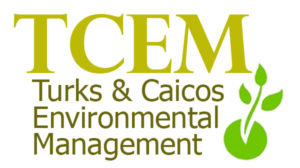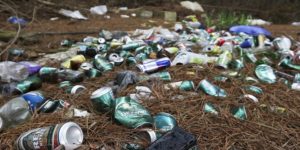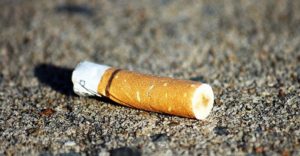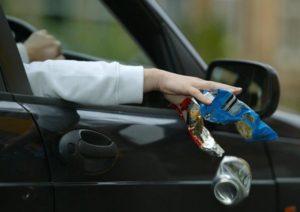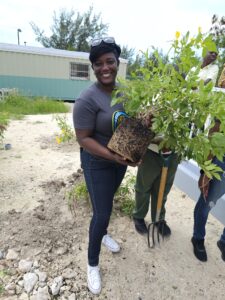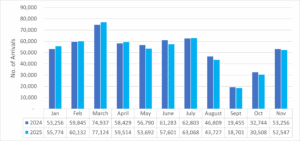TCI News
MM Clean Campaign – What is Littering
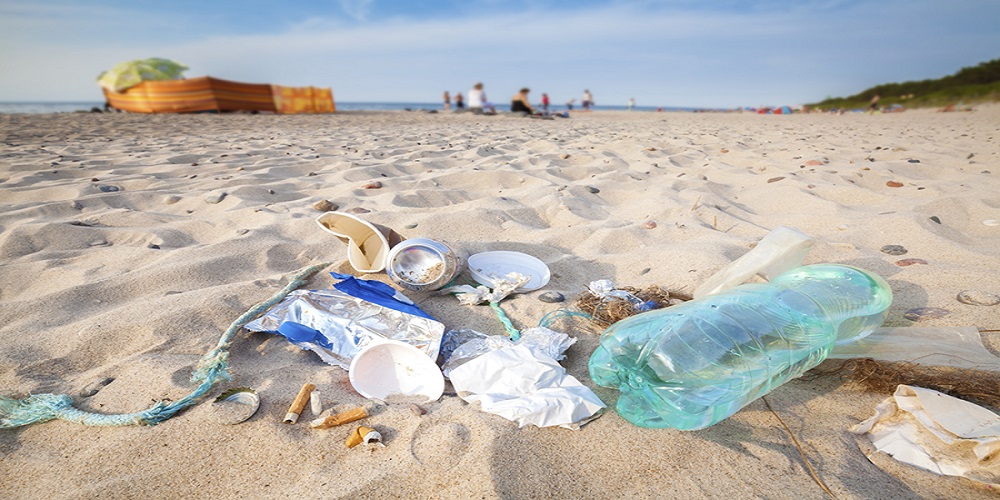
TCI News
Beaches Turks and Caicos sets the Benchmark for Biodiversity in the TCI
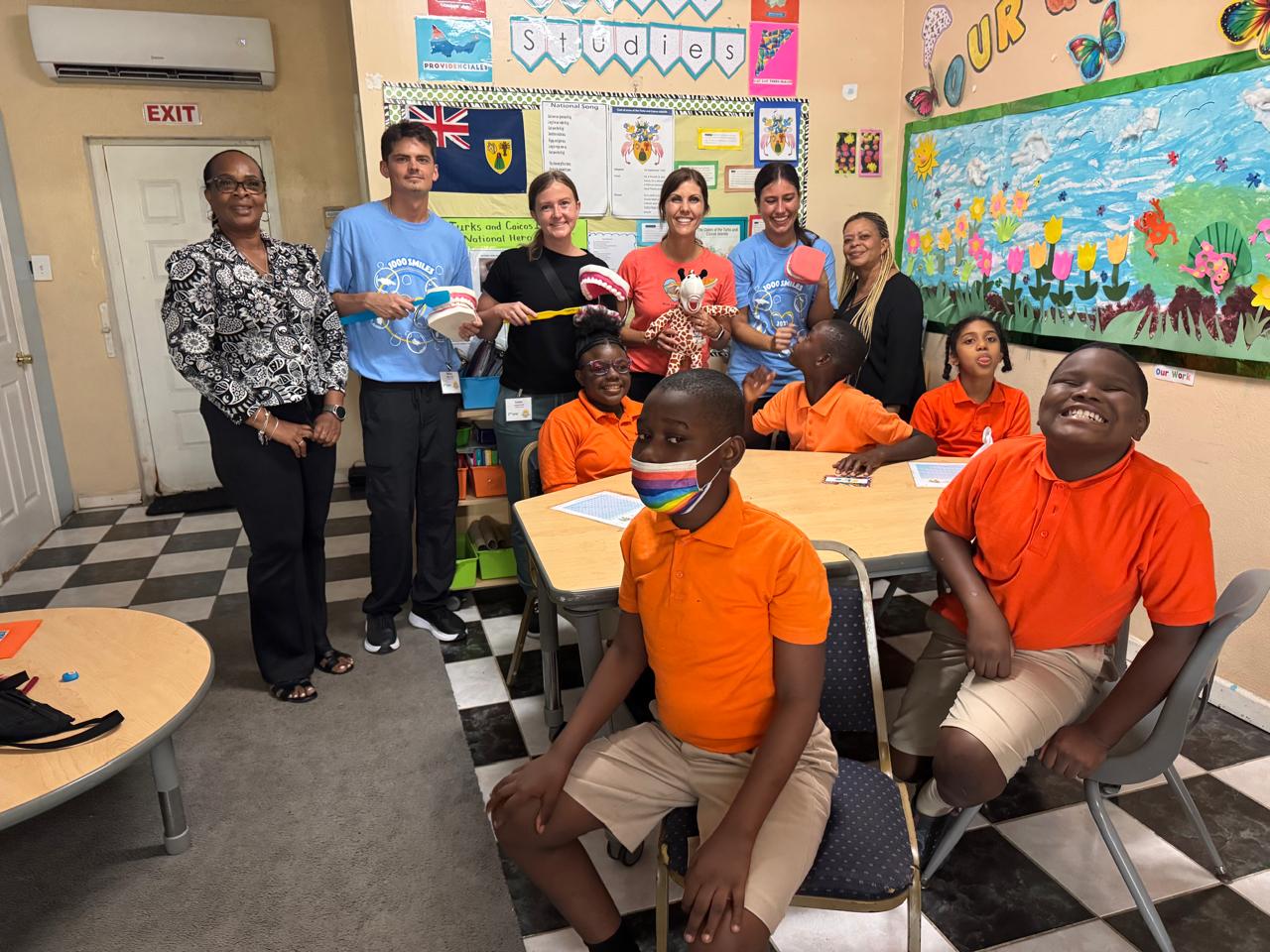
TCI News
Turks and Caicos Corporate Community Join Beaches Resort to Raise Funds for Jamaica’s Hurricane Melissa Relief

TCI News
Experience Turks and Caicos Projects Month-on-Month Growth of Stayover Arrivals for Winter Season
-

 TCI News6 days ago
TCI News6 days agoTurks and Caicos Corporate Community Join Beaches Resort to Raise Funds for Jamaica’s Hurricane Melissa Relief
-

 Bahamas News5 days ago
Bahamas News5 days agoThe Coca-Cola Art Project Astonishes Art Lovers at The Bahamas Culinary & Arts Festival
-

 TCI News6 days ago
TCI News6 days agoExperience Turks and Caicos Projects Month-on-Month Growth of Stayover Arrivals for Winter Season
-

 TCI News6 days ago
TCI News6 days agoBeaches Turks and Caicos sets the Benchmark for Biodiversity in the TCI
-

 Bahamas News5 days ago
Bahamas News5 days agoHome-Court Advantage: Rick Fox Backs Carbon-Negative “Super Reef” for The Bahamas
-

 Bahamas News5 days ago
Bahamas News5 days agoTwist To Win Ends in a Grand Style with Four $5,000 Mall at Marathon Shopping Sprees
-
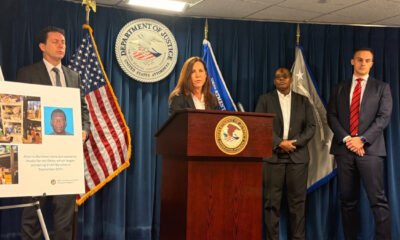
 USA18 hours ago
USA18 hours ago$7M SNAP and Charity Food Scam: Two Haitians Charged in Massachusetts
-

 Bahamas News5 days ago
Bahamas News5 days agoCWS Brings a Galore of Bubbles at Annual Jollification Festival

